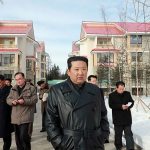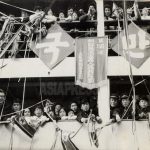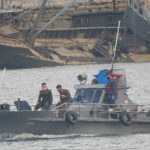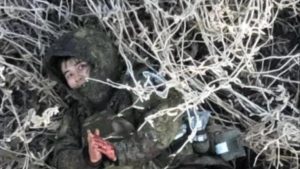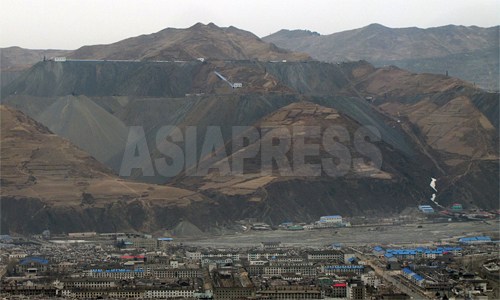
In Musan, North Hamgyong Province, only three kilograms of corn were given out as food rations for April, an ASIAPRESS reporting partner said. Meanwhile, many people are being recruited to work in the surrounding rural areas, and the difficult food situation is causing the Musan area's residents to become increasingly desperate. (JEON Sung-jun / KANG Ji-won)
◆ Monthly rations include just 3 kilograms of corn, leading to widespread anxiety about food shortages
"In April, there was nothing except three kilograms of corn of workers' rations, and there was no holiday supply (for Kim Il-sung’s birthday on April 15). Each institution or enterprise handed out its own supply of cooking oil or work shoes, but most of them didn’t hand out anything,” a reporting partner in Musan County, North Hamgyong Province, told ASIAPRESS in late April.
Home to North Korea's largest iron mine, Musan County is a medium-sized city with an estimated population of 100,000 located on the North China border. The Musan Mine Union Enterprise is a large enterprise that includes several factories and workplaces, as well as its own university and skilled labor training center. As such, it is possible that there may be differences in rations between different workplaces.
Three kilograms of corn is equivalent to five days' worth of food for a single worker, so there is widespread fear among the population of food shortages. In addition, since the beginning of the COVID pandemic, the North Korean authorities have tightened control over private economic activity, including trade through markets. The current situation of increased dependence on rations poses a serious threat to the survival of residents in industrial areas.
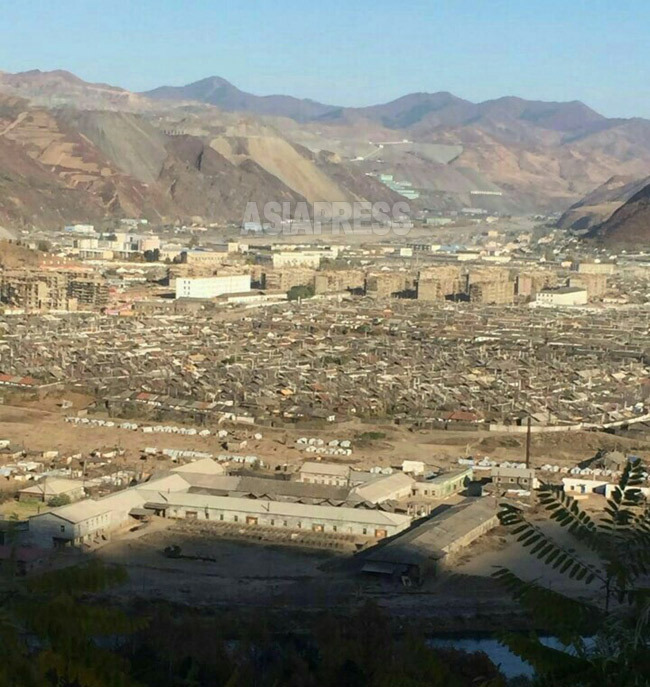
◆ Enticed by promises of rations, people flock to farming areas
Meanwhile, people at the mine were selected to be mobilized to farms around the mine, the reporting partner said.
"They create rural support shock teams and send them to farms in the Musan Township. The teams are organized in the form of squads or work groups, and 20 people are selected from each workplace in the mine."
Every year in North Korea, workers and residents of urban areas are sent to the countryside to work on farms.
"During the rural support period, (the company) gives them two weeks of food rations and the rest is paid for by the rural people. But because there is no food supply even if you work in the mines, people competed with each other to go. It started as a petition, but then there were too many people, so they ended up selecting volunteers and dispatched them on (April) 29."
The poor food situation is pushing people to head to rural areas to obtain rations, something they had previously avoided. Since April, signs of a humanitarian crisis have continued to be reported from various parts of North Korea.
※ ASIAPRESS communicates with its reporting partners through Chinese cell phones smuggled into North Korea.
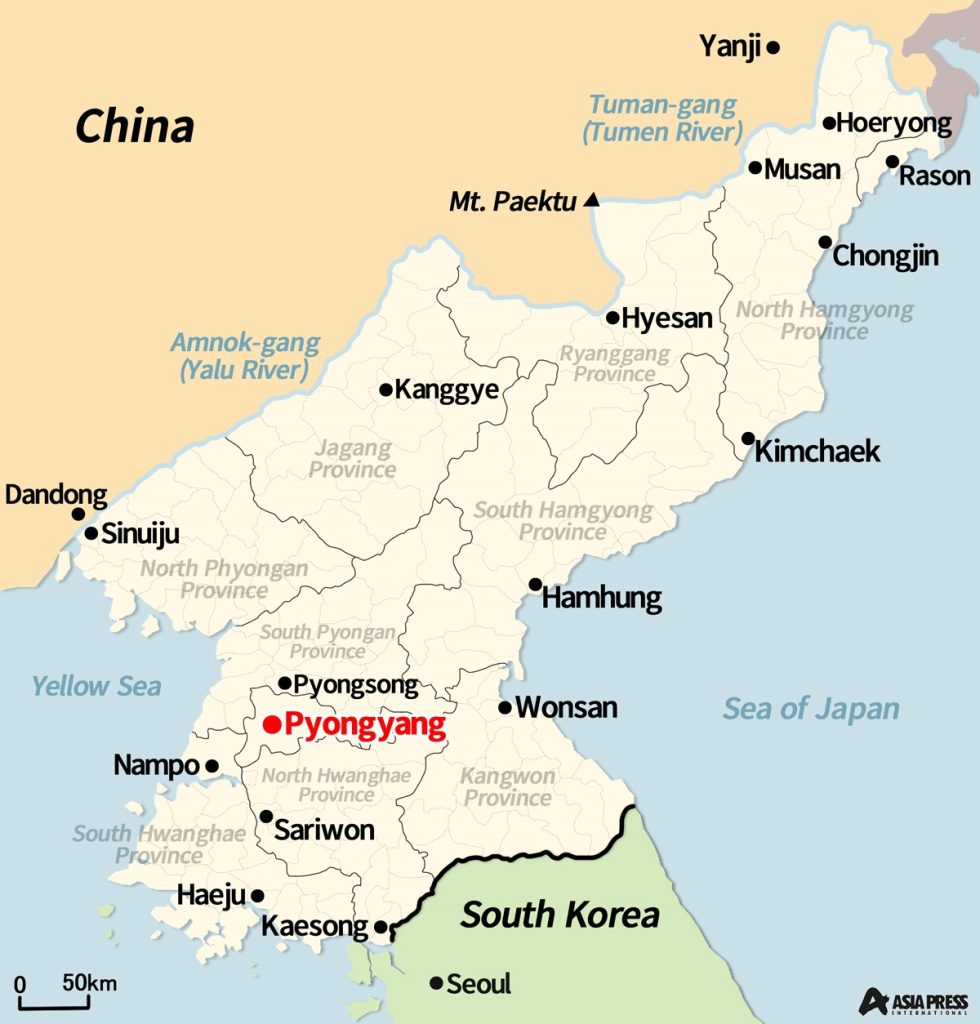
- <Inside N. Korea>Recruitment for the world's longest military service(1) This year 8 years for men, 5 years for women
- <Inside N. Korea> Crackdown on primitive slash-and-burn farmers who hide in the mountains shows Kim Jong-un’s uncompromising efforts to control his population
- <Inside N. Korea> Government confiscates private plots of farmland and forces people to return farming
- <Investigation>Why aren’t North Korea’s women having babies anymore? (1) The fertility rate is already severely low…It’s rare to see anyone carrying babies around
- <Investigation Inside N. Korea> A shocking situation...How are the neglected elderly faring? (1) Poverty-stricken elderly people live off begging and wander the streets



